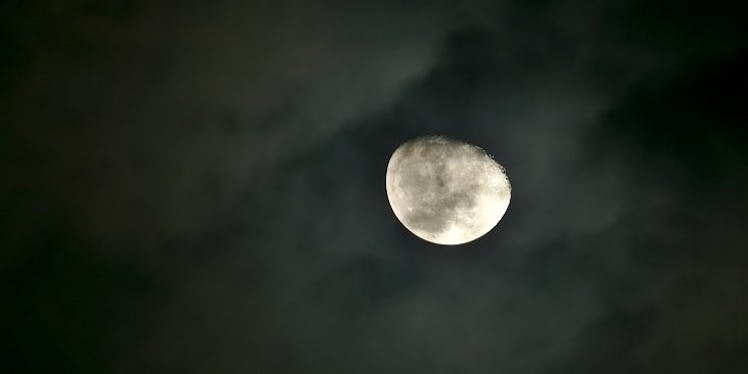
The Perseid Meteor Shower Will Light Up The Sky Saturday, Here's How To See It
If you're a sucker for all beautiful things associated with the sky, you're probably aware of one of the upcoming events, the Perseid meteor shower. This year, the meteor shower will peak on Saturday, August 12, when the Earth passes through the debris released from the Comet Swift-Tuttle. You're probably wondering how you can see the Perseid meteor shower. Of course, all of us earthlings want to get a glimpse of the awesomeness taking place above.
It's an exciting experience that can be quite humbling. It really shows just how much of a small part we are in this huge universe. Don't worry, you won't need binoculars or a telescope, just a wee bit of patience and planning.
Although the meteor shower is expected to peak on August 12, it should also be visible the night before and the night after. It's recommended to be in an open space with ample view of the sky in order to see it. If you won't be able to get outdoors, we're in 2017, so there are ways to have nature unfold right on your computer screen or phone.
Here's Where You Can Watch The Meteor Shower
The Perseid meteor shower is expected to be a little more difficult to see this year because the moon will be three-quarters full. And of course, if you're in a big city, those bright, vibrant lights will also interfere. ActiveJunky.com has recommendations of places to watch the meteor shower in a city for people who are determined to get out and see the celestial action unfold.
As far as streaming the event from the comfort of your couch, NASA TV will have a live feed of the event starting from 10 p.m. EDT on August 12, until 2 a.m. on August 13. This will also stream on NASA's UStream channel. You can even ask questions about the event by tweeting at NASA.
The Perseid shower is expected to convey around 80 meteors per hour. Don't miss out on some annual meteors peppering the sky. You don't have to be an astronomy guru to appreciate the magnificent things the sky is capable of.